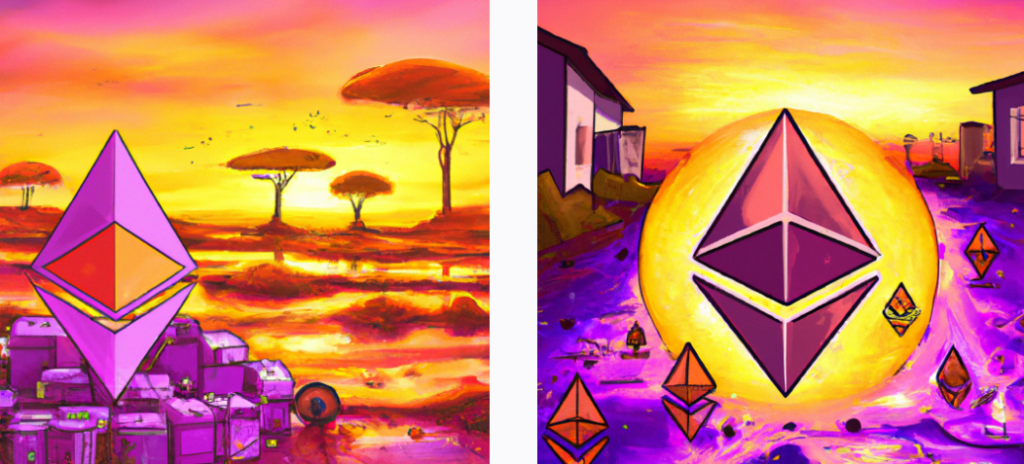A decentralized autonomous organization (DAO) is a type of organization that is run using smart contracts and blockchain technology. In a DAO, decisions are made and actions are taken based on the rules and incentives encoded into the smart contracts that govern the organization, the governance.
One of the key features of a DAO is that it is decentralized, meaning that it is not controlled by any single individual or entity.
Instead, decision-making power is distributed among the members of the organization, who are able to vote on proposals and make decisions based on the rules and incentives built into the DAO’s smart contracts.
This process of decision-making and rule-setting is known as governance. In the context of a crypto DAO, governance refers to the process by which the members of the organization come together to make decisions and set rules for the organization.
This can include everything from deciding on the direction and goals of the organization, to setting rules for membership and voting, to determining how the DAO’s funds will be managed and used.
Overall, governance in a crypto DAO is an important part of ensuring that the organization is able to operate effectively and in line with the interests of its members.
By using blockchain technology and smart contracts, a crypto DAO can provide a decentralized and transparent framework for decision-making and rule-setting, allowing members to collaborate and make decisions in a fair and transparent manner.
What is the role of Token holders?
In a crypto DAO, token holders play a key role in the governance of the organization. This is because most DAOs use tokens as a means of giving their members a stake in the organization and a say in its decision-making processes.
In many cases, token holders are able to use their tokens to vote on proposals and decisions that affect the DAO. This can include everything from deciding on the direction and goals of the organization, to electing members of the governance board or other decision-making bodies, to voting on proposals for how the DAO’s funds should be used.
In this way, token holders play a critical role in the governance of a crypto DAO. By holding tokens and using them to vote, they are able to influence the direction and actions of the organization and ensure that it is run in a way that aligns with their interests.
It is worth noting, however, that the exact role of token holders in the governance of a crypto DAO can vary depending on the specific rules and incentives encoded into the DAO’s smart contracts.
Some DAOs may place more emphasis on token-holder voting, while others may give greater power to other decision-making bodies or mechanisms. As such, it is important to carefully consider the specific governance structure of a crypto DAO before participating in its governance processes.
« Back to Glossary Index
